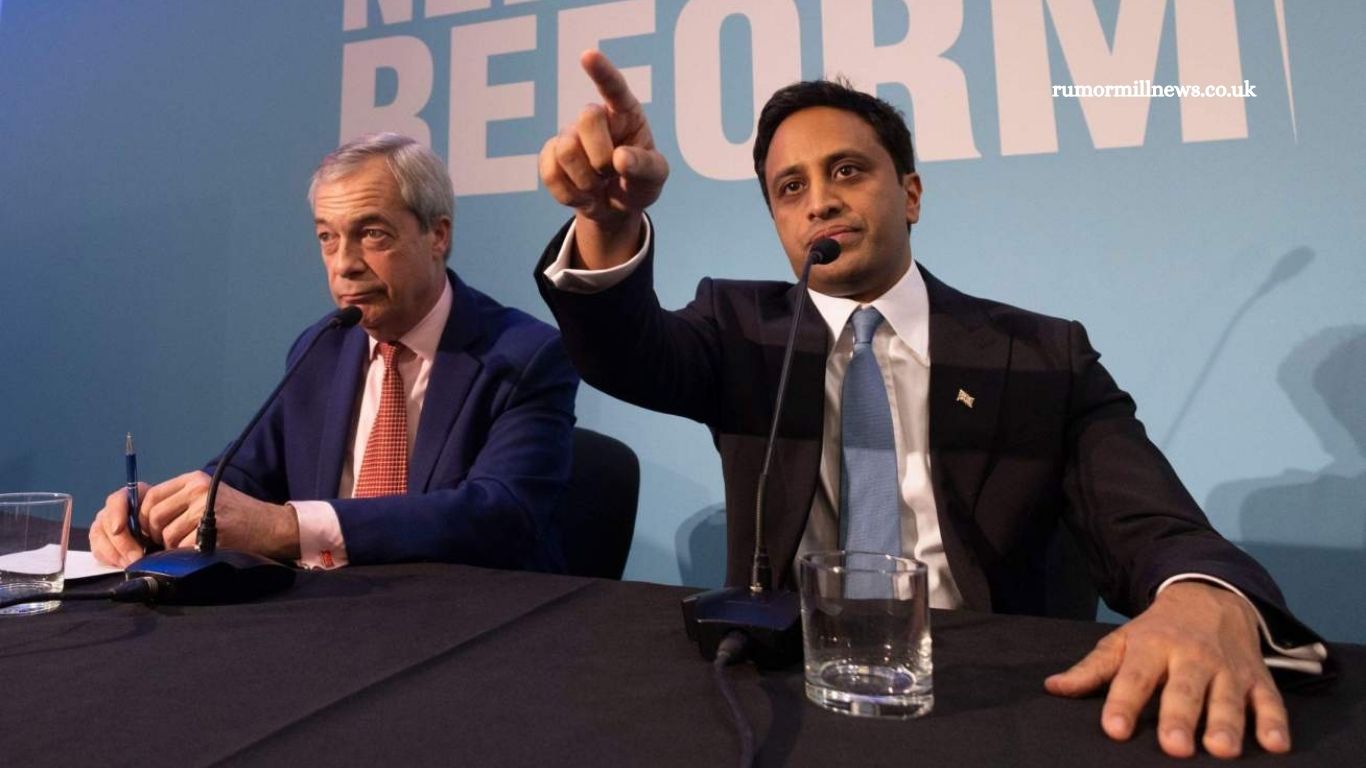A growing concern is emerging in UK politics: the potential for foreign billionaires and hostile actors to funnel untraceable donations into British political parties via cryptocurrency. As watchdogs raise alarms, pressure mounts for the government to tighten its regulations and close loopholes that may already be exploited.
Reform UK Accepts First Crypto Donation
In May 2025, Reform UK became the first British political party to openly accept cryptocurrency donations. This decision has triggered intense scrutiny, especially from anti-corruption advocates. Spotlight on Corruption, a leading non-profit watchdog, issued a stark warning about the dangers of crypto-based political donations. According to Dr. Susan Hawley, Executive Director, such donations “pose unique risks” and could undermine the integrity of British democracy.
Read More: Public Trust in Government Hits Record Low Amid Rising Calls for Electoral Reform
Weak Regulations Enable Foreign Interference
The core issue lies in the lack of clear and robust regulation surrounding digital assets in UK political finance. Existing electoral rules are already under pressure, and the anonymous nature of cryptocurrency transactions only exacerbates the problem.
Dr. Hawley warns that “all the donations in crypto that happen between now and the new elections bill are going to be extremely high risk.” With the Conservative government previously scrapping the 15-year voting and donation limit for overseas Brits, the stage is now set for overseas influence to increase—potentially without detection.
Anonymity Fuels Abuse
One of the primary risks with crypto is its inherent anonymity. Unlike traditional bank transfers, crypto transactions often leave no meaningful paper trail. Spotlight on Corruption highlights that it’s alarmingly easy for donors to split large sums into smaller, undetectable transfers using different wallets—each with a unique address. This technique, called “smurfing,” can bypass donation reporting thresholds with ease.
A recent report by the Centre for Information Resilience adds weight to the concern. It notes that a cryptocurrency known as A7A5—already linked to sanctions evasion—was used to interfere in Moldova’s elections and could potentially be used in UK campaigns as well.
Lack of Oversight and Borderless Transactions
Cryptocurrencies operate independently of central banks, making them borderless and largely immune to national financial regulations. As a result, transactions often escape standard anti-money laundering (AML) scrutiny.
Spotlight’s latest briefing explains: “Digital currencies bypass banks and central oversight. Since many jurisdictions don’t have adequate regulation, these donations can easily avoid scrutiny.”
The group is urging the UK government to consider a full ban on political crypto donations, following in the footsteps of countries like Ireland and Brazil. At minimum, they recommend restricting cryptocurrencies designed for anonymity or lacking transparent public ledgers.
Non-Party Campaign Groups Also Under the Microscope
Beyond formal political parties, newly formed non-party campaign groups are also attracting attention. Over the past six months, organizations with clear ties to the Reform Party have emerged. Notably, the “Great British Political Action Committee,” which remains unregistered with the Electoral Commission, and “Resolute 1850,” which aims to source funds from U.S. donors and provide policy support to Reform.
The Financial Times reported that Resolute 1850 already has £1 million in lined-up funding. These developments raise fresh questions about foreign influence and the blurred lines between party and campaign group.
Calls for Immediate Action and Transparency
Spotlight on Corruption is urging the Electoral Commission to act quickly. Among their recommendations:
- Clear guidance on how to record crypto donations.
- Mandatory disclosure of the currency type, valuation method, and date of conversion.
- Rules for assessing whether to accept cryptocurrency donations at all.
- In the U.S., the Federal Election Commission already enforces these protocols. Advocates argue that the UK must adopt similar standards to maintain democratic integrity.
- Dr. Hawley emphasized the need for a “whole system approach,” comparing the battle against crypto abuses to a game of “whack-a-mole.” She noted, “If it’s not crypto, there’ll be something else.”
With an Elections Bill expected soon, observers hope it will address these concerns head-on. But until then, uncertainty looms over the role of untraceable funds in UK politics.
Frequently Asked Questions
Can UK political parties legally accept cryptocurrency donations?
Yes, under current regulations, they can. Reform UK recently became the first to accept crypto donations.
Why are crypto donations considered risky?
Because of their anonymous nature, they can be used to conceal the true identity and origin of donors, including foreign actors or those with criminal intent.
Has cryptocurrency been used in election interference before?
Yes. The A7A5 cryptocurrency, for instance, was reportedly used in political interference in Moldova.
What are watchdogs recommending?
Groups like Spotlight on Corruption are calling for a total ban on anonymous crypto donations and tighter oversight of all digital currency contributions.
Are any countries already banning crypto political donations?
Yes, Ireland and Brazil have implemented full bans to prevent political interference.
What role does the Electoral Commission play?
The Electoral Commission is responsible for overseeing political donations in the UK and has the authority to introduce rules around crypto contributions.
What makes crypto donations difficult to track?
Donors can fragment large amounts into smaller transactions across multiple wallets and use cryptocurrencies without transparent public ledgers.
Is any regulation expected soon?
An Election Bill is expected to be introduced in Parliament that could include measures addressing crypto donations and foreign influence.
Conclusion
As UK politics increasingly intersects with emerging financial technologies, the risks of foreign interference and money laundering grow. Without stronger regulations, cryptocurrency donations may become a hidden avenue for foreign billionaires or hostile actors to quietly influence the direction of British democracy.
The solution lies in swift, transparent, and future-proof legislation that ensures all political donations—digital or traditional—are held to the highest standards of accountability.




